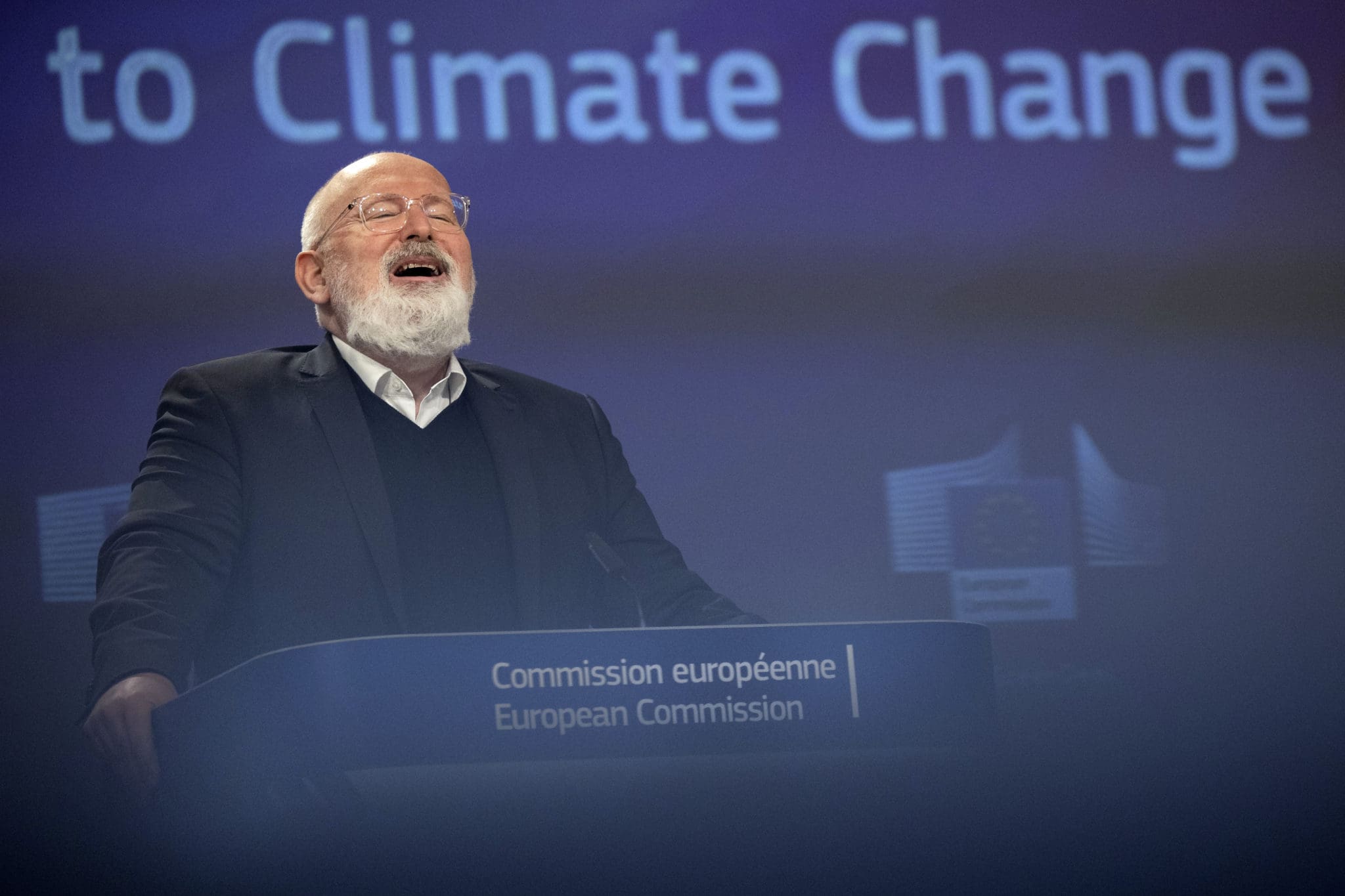European taxpayers could end up paying between €5 trillion and €10 trillion in additional costs due to the EU’s Fit for 55 plan to reduce emissions, warns MEP Zbigniew Kuźmiuk of Poland’s ruling conservative Law and Justice (PiS) party.
The EU already participates in a complicated emissions trading scheme that allows companies and other entities to either sell or buy credits for CO2 emissions. However, the EU is launching new legislation that will extend this system to the construction and transport industries, which will increase costs across the board, including for the sea and air transport sectors.
The legislative package also includes a Climate Social Fund, to help domestic households meet the demands of climate policy, and a carbon footprint tax, which will tax imports into the EU of products from countries that fail to meet environmental and climate-related standards.
Poland opposed these measures but failed to gather enough countries on its side to block the measures, which went through on the basis of qualified majority voting. Now, the costs of the planned “green revolution” will have to be borne by companies and individuals alike, according to Kuźmiuk.
The MEP says this green revolution is to cover all walks of life involving CO2 emissions. It is supposed to trigger major investments, but it is unclear how these are to be paid for. As a result of the decision to end the use of internal combustion engines by 2035, 250 million cars will have to be swapped for electric-powered vehicles, and infrastructure to power these vehicles will need to be built.
As a result of the plan, 200 coal power stations must also be phased out and replaced by other sources of energy. In addition, around 500 furnaces producing steel will have to undergo technological upgrades and 180 million housing units will need to be made climate neutral. Kuźmiuk argues it is all incredibly ambitious, both from a technological and financial viewpoint.
He said climate revolutionaries claim that the EU and its member states will be able to cope financially with the costs, estimated to be in the region of €5-10 trillion. However, the EU will only have around €1 trillion available for this through the budget, the EU recovery fund, and the emissions certificates.
This cost could prove prohibitive for those member states that are still attempting to catch up with their more developed partners, which includes nations like Poland. Kuźmiuz warned that the cost for businesses and individual households will be astronomical.






